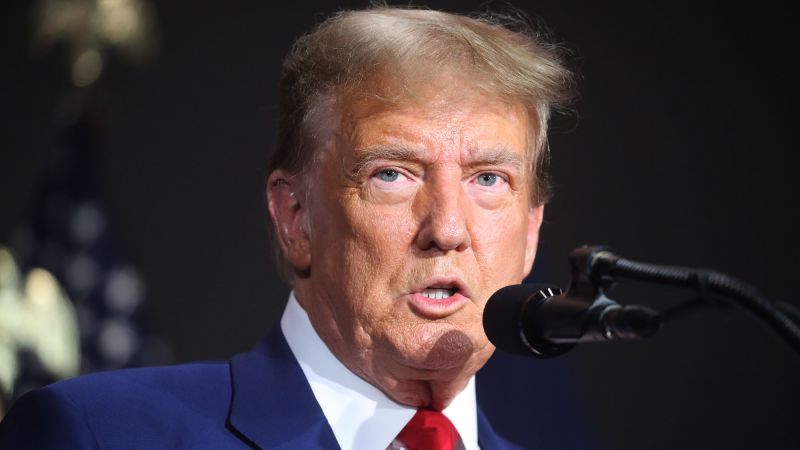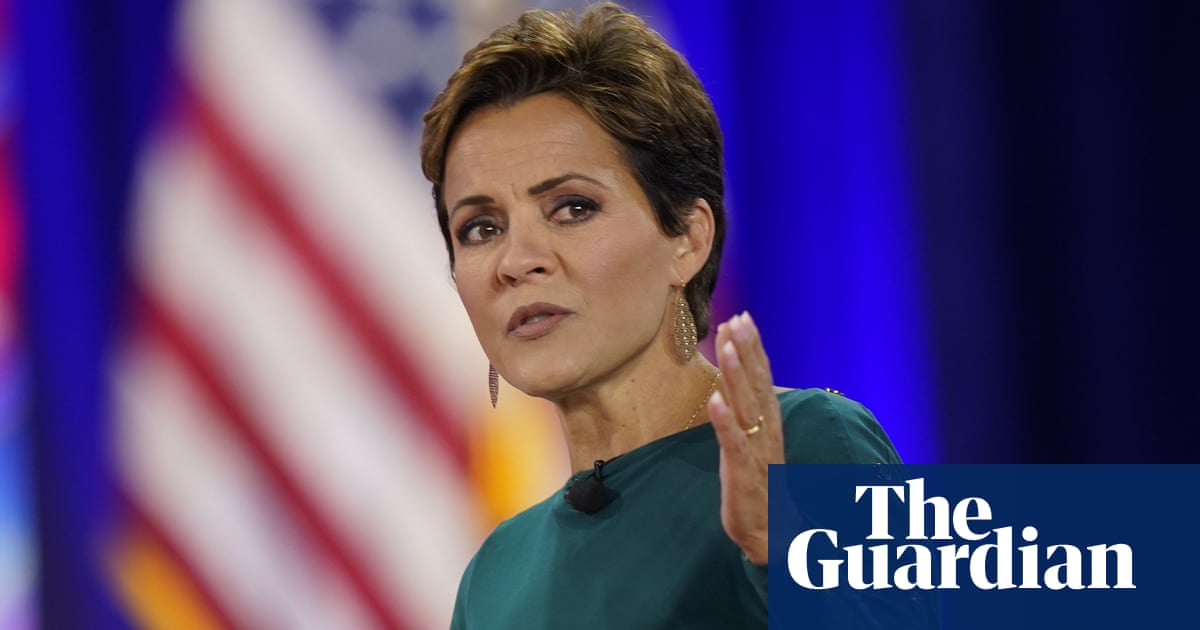
In a historic decision, the Arizona Supreme Court has ruled that the state must adhere to a 123-year-old penal code provision barring all abortions except in cases when it is necessary to save a pregnant person's life. This ruling comes after Roe v. Wade was overturned by the US Supreme Court in 2022, leading to nearly two dozen states banning or limiting access to abortion. The Arizona law, which can be traced back to as early as 1864, carries a prison sentence of two to five years for abortion providers. This decision has been met with criticism from Democrats and advocates who argue that restrictive policies on abortion access place patients at risk of poor health outcomes and doctors at risk of legal liability.
The Arizona Supreme Court was expected to decide whether the state's current ban on nearly all abortions after 15 weeks will stay in place, or if it will revert back to a far narrower 123-year-old penal code. The older law barred the procedure in all cases regardless of gestation, except when it is necessary to save a pregnant person's life. It carried a prison sentence of two to five years for abortion providers.
The court filed its opinion in Planned Parenthood of Arizona vs. Mayes/Hazelrigg on April 9, 2024, stating that the state must adhere to this archaic law. This decision has exposed a deepening rift between Republicans and their longtime allies in the anti-abortion movement.
Matt Gress, a Republican state representative, categorically rejected rolling back the clock to a time when slavery was still legal and we could lock up women and doctors because of an abortion. This statement marks a surprising stance for a party that has historically championed abortion restrictions.
Arizonans do not want a total ban on abortion rights according to polls, and activists are working towards enshrining these rights into the state constitution through ballot measures. The Biden campaign has seized this opportunity to launch a fresh assault in Arizona, with Vice President Kamala Harris using Trump's own words against him.
The ruling was part of nationwide chaos and splintered rights caused by the overturning of Roe v. Wade. Trump's leave-it-to-the-states formula appeared to be an attempt to stand on the most defensible political ground possible even if he knows he is still deeply vulnerable on the issue.







